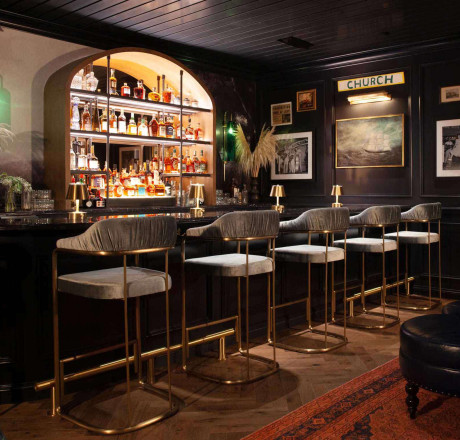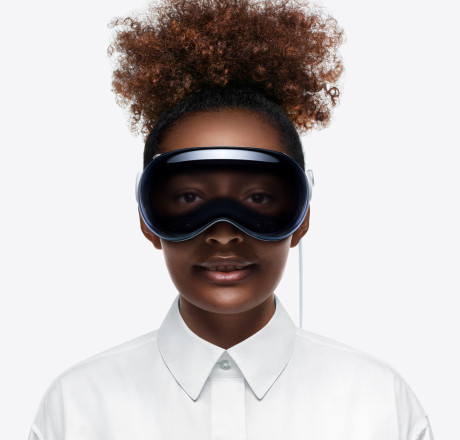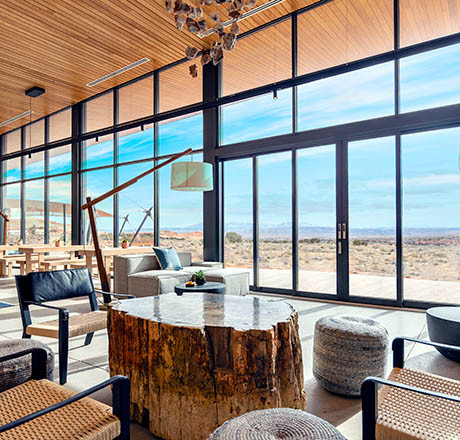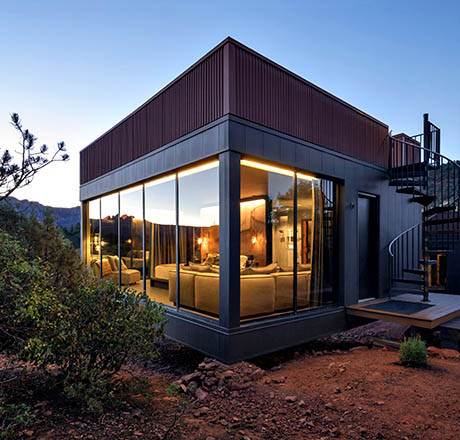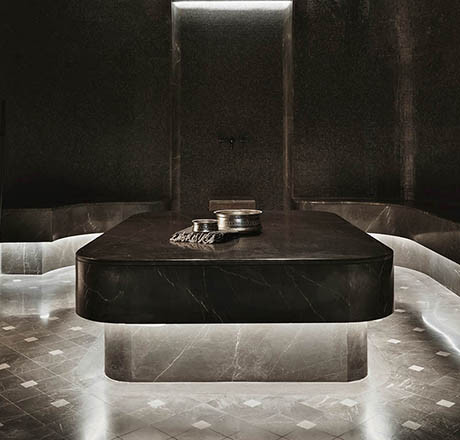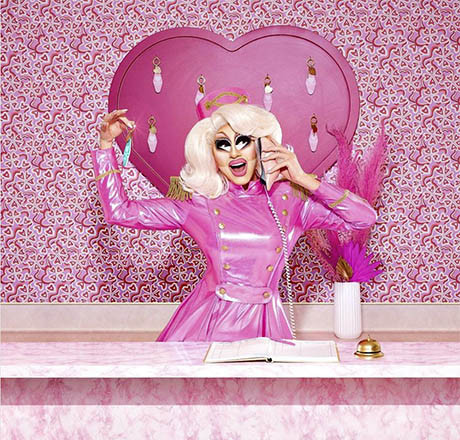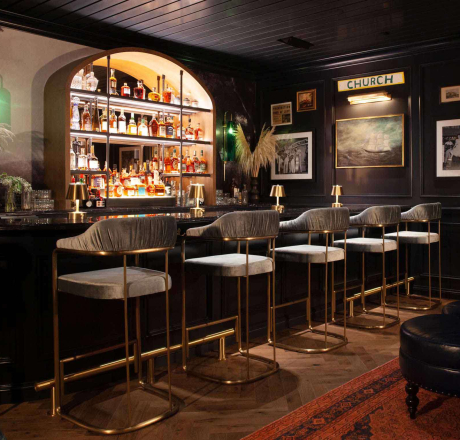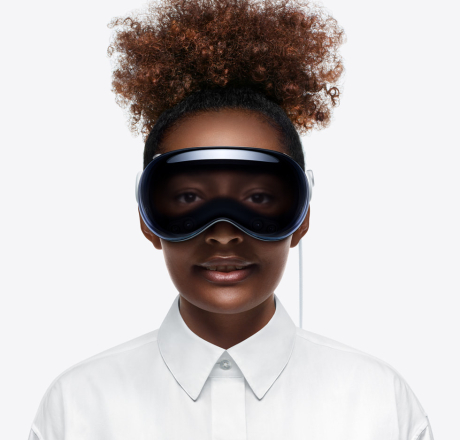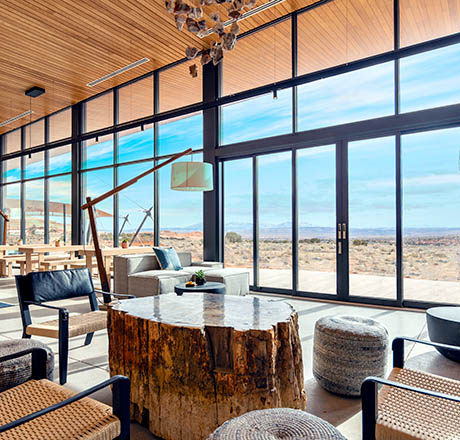United States of America
United States of America
Making Waves
It’s 14°C in New York, and I’m struggling to stay warm as I walk from the subway to catch up with Jon Rose. I’m already 15 minutes late, and Rudolph the Reindeer wasn’t the look I was hoping for when meeting the former pro surfer and Waves for Water founder for the first time.
Rose is sitting at the bar of the Gansevoort Hotel in a baseball cap, hoodie and jeans. As we chat, I notice he has none of the typical parlance you might expect from a California-bred surfer. His speech is not drawn out, nor does he bounce around words like ‘dude’ or ‘brat’; instead he sounds like an eloquent, street-smart 34-year-old man on a mission.
Rose became a professional surfer at 17, competing in competitions around the world. By the time he was 20, he already had stamps in his passport from Thailand, the Philippines, Australia, France, South Africa, India, Japan and Indonesia, to name just a few.
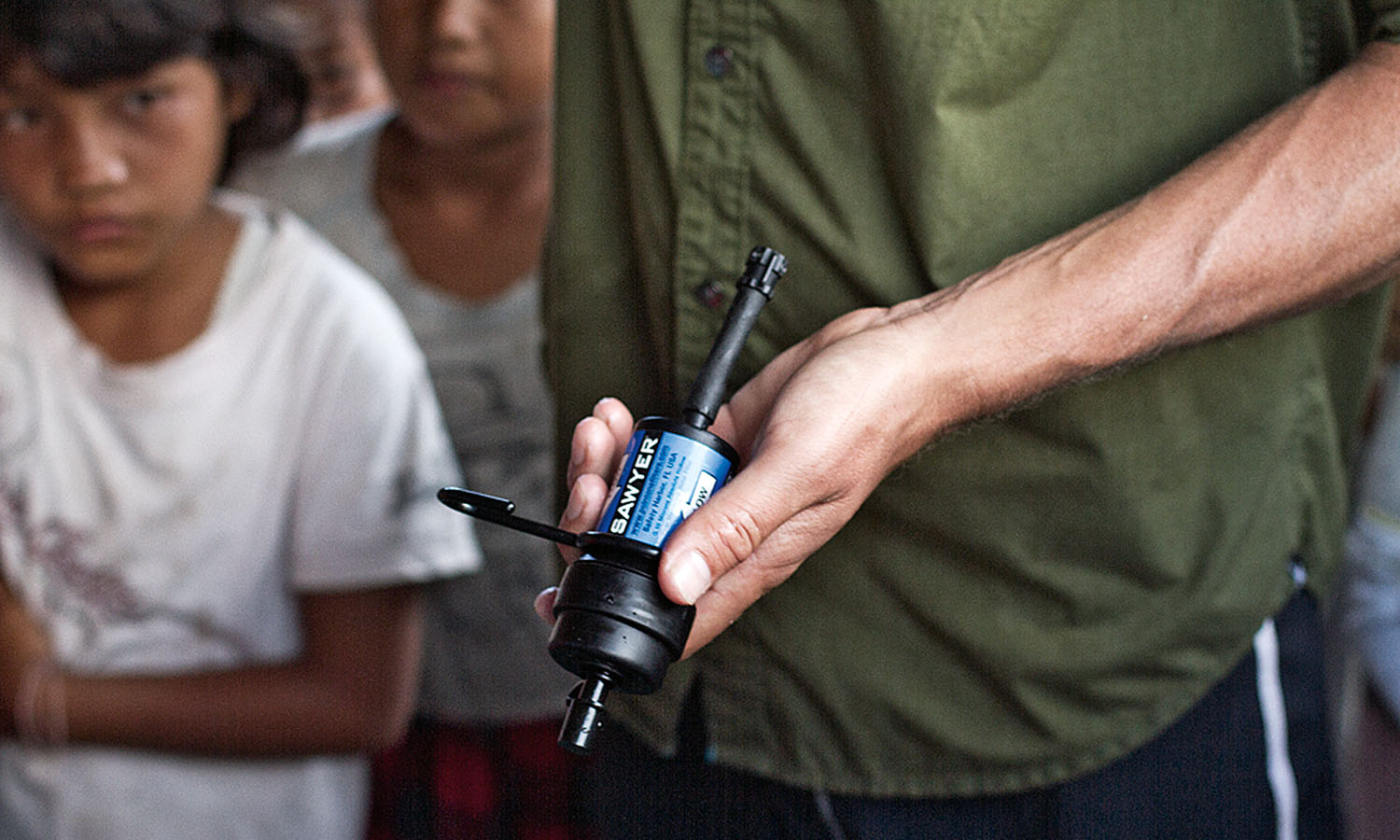

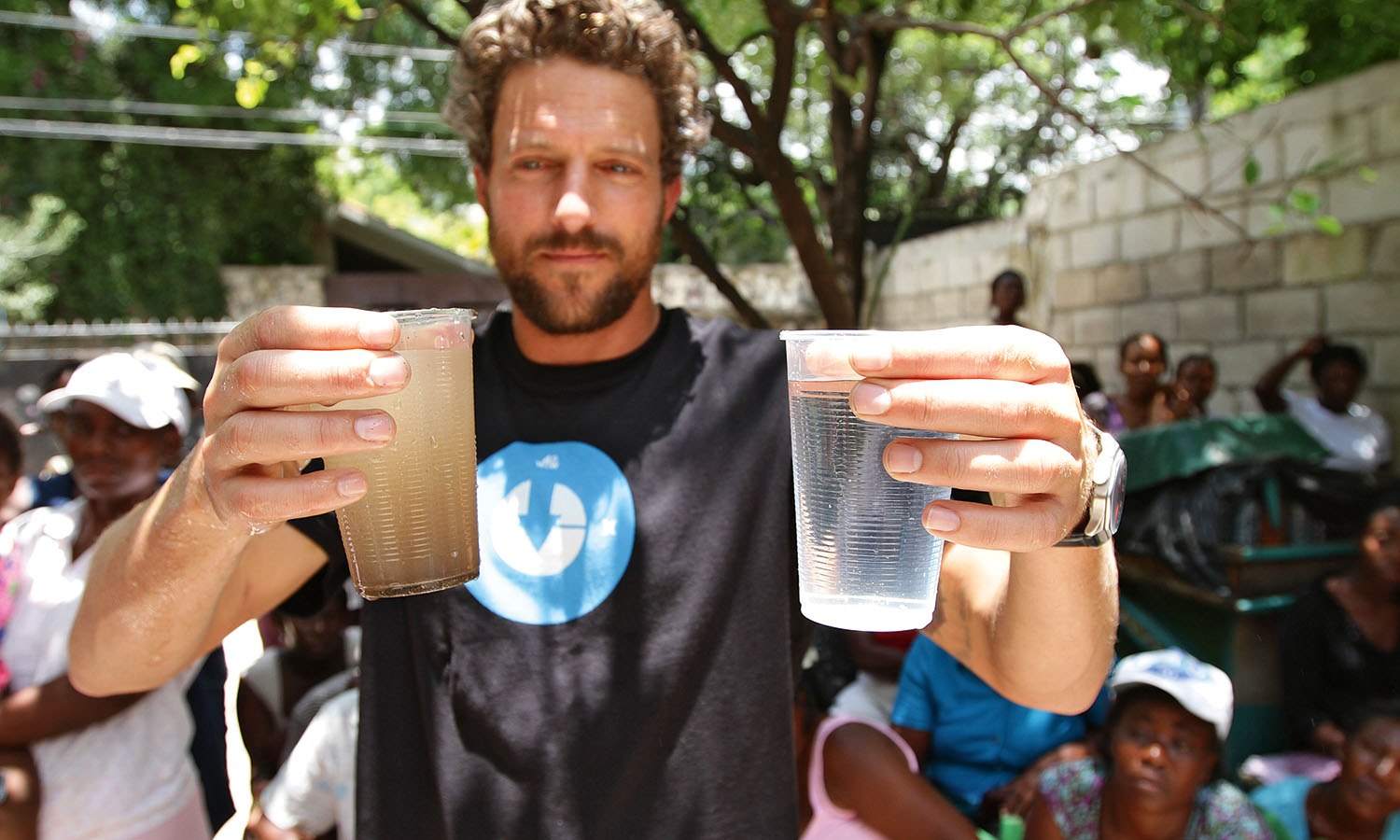

At 22, his rugged good looks landed him a Banana Republic campaign, and he was featured in spreads for Esquire and Maxim.
Not content with surfing and modelling, he also dabbled in photography, publishing a book entitled Towards Miles, a photo diary of his soul-searching road trip through the USA.
But Rose knew surfing wouldn’t last forever. He began to notice something that would have scared any sportsman: the younger generation was better. “I’m 34 and I could still be surfing,” he tells me. “But there’s a shift. It’s so clear. I’m not the guy any more.”
So at 30 he retired, without a clue what lay ahead in life.
At the time, Jon’s father, Jack Rose, was working in Africa through RainCatcher, the nonprofit organisation he started that helps educate villagers on catching and cleaning water using a filtration system. Inspired by his dad’s work, Jon found inexpensive, portable water filters online that could be used to clean not just rainwater but any water available, no matter how filthy. He realised by harnessing his status in the surfing community, he could bring the technology to surf regions around the world.
“I thought, ‘I’ll do charity on the side. I have a name in surfing, a voice and an audience.’ I figured I would get all the boys engaged and go fishing and surfing,” he says, taking a sip of whiskey. “I was going to go back to all the places I like to surf and drop off filters. It was totally selfish.”
And thus Waves for Water was born. Rose embarked on his first mission, dropping off 10 filters on a surf trip to Bali.
But what started out as a pet project took on a larger significance when tragedy struck. Rose was aboard a boat off the coast of Sumatra when he felt a rumble; it was an earthquake. He and the crew headed to shore and were confronted by complete and utter devastation. Realising the people of Padang urgently needed help, Rose made his way through dying children and decimated buildings to get water filters to those who needed them most – rescue workers.
“I went to Red Cross relief Centres. All they were doing was collecting bodies and the wounded. I came in and said, ‘I had these water filters.’ We took contaminated water, filtered it and I’m like, ‘You can drink it, now.’ And they’re like: ‘We don’t need it to drink. We need this water to clean the wounded.’”
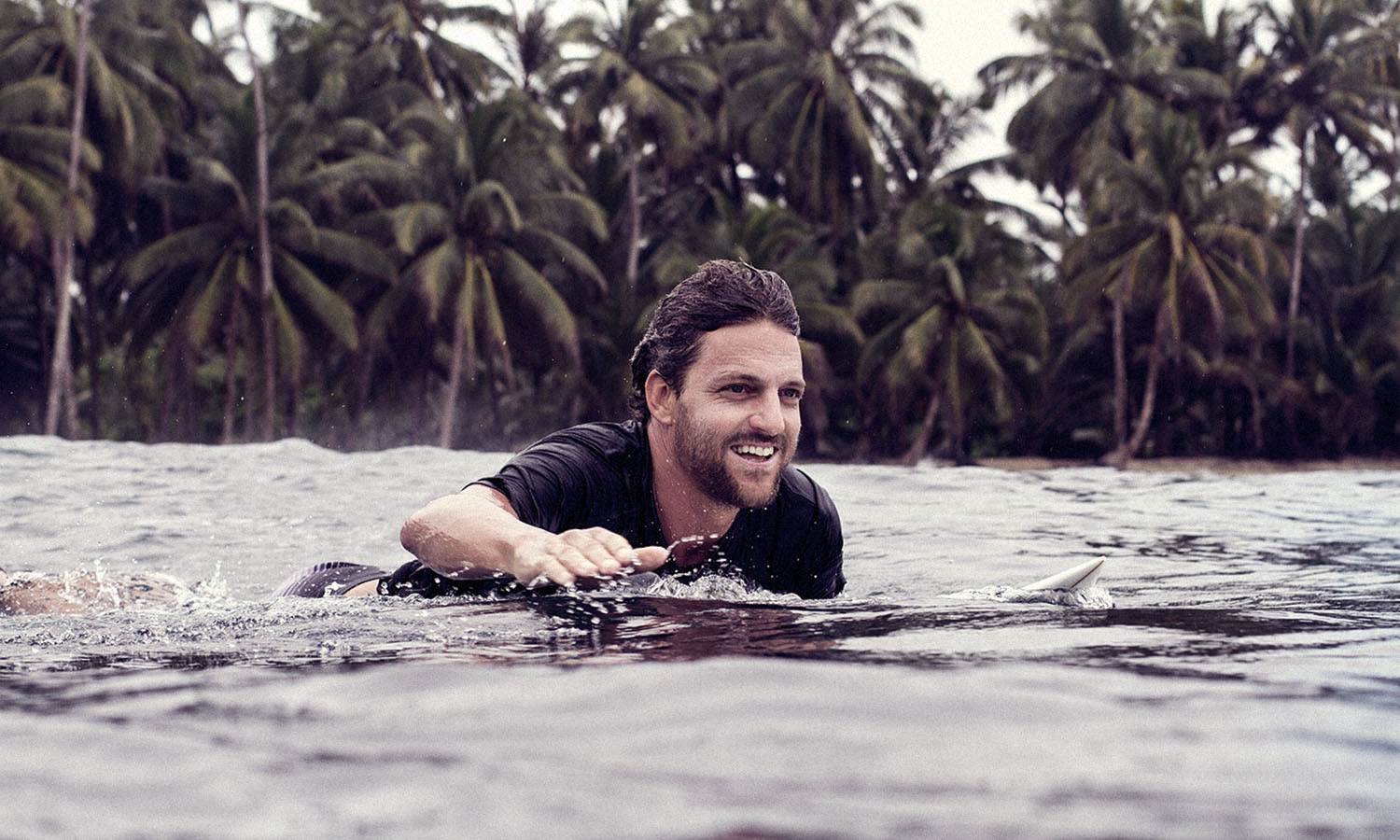

The filters Rose originally thought would aid hundreds were soon helping thousands of people who may have died without access to clean water for their injuries. The experience changed his life. He realised Waves for Water could no longer be a hobby.
Rose realised he could have a huge impact during natural disasters, more so than just during routine visits to developing countries. From flooded parts of Pakistan to post-earthquake Chile and Haiti, Waves for Water has assisted in clean water efforts, working with NGOs like the UN, or corporate sponsors like Nike or Quiksilver.
Using these organisations as financial partners, Rose hits the ground with a few guys who work with him distributing filters, assessing people’s needs, and developing projects. However, Rose himself takes a back seat, seeking out local leaders and teaching them how to use and distribute the filters. “There should never be a foreigner having the power,” he says, humbly. “I don’t know the nuances and the dynamics of that whole region.”
Unlike many other non-profits, Waves for Water does not take gaggles of people on volunteer trips. There are no matching T-shirts with a group leader telling everyone what to do. Rose’s style is decidedly more punk rock.
“That thing that people say, ‘I’m one person, what can I do?’ – it’s bullshit,” he says fervently, eyes blazing. “I’ve watched thousands of people’s lives saved because of our efforts.” He calls it ‘guerilla humanitarianism’.
With millions of people travelling all the time to underserved areas, all you have to do to help out is purchase a few filters and drop them off in the appropriate locations. You can do this by purchasing a filter from Waves for Water, or by signing up to be a clean water courier.
Clean water couriers post their trips on the site to raise money for a set number of filters. It’s an ingenious idea that’s simple to implement, but can impact thousands and empower locals as well as travellers. Even if you’re not travelling to an impoverished nation anytime soon, you can still help out by sponsoring a clean water courier.
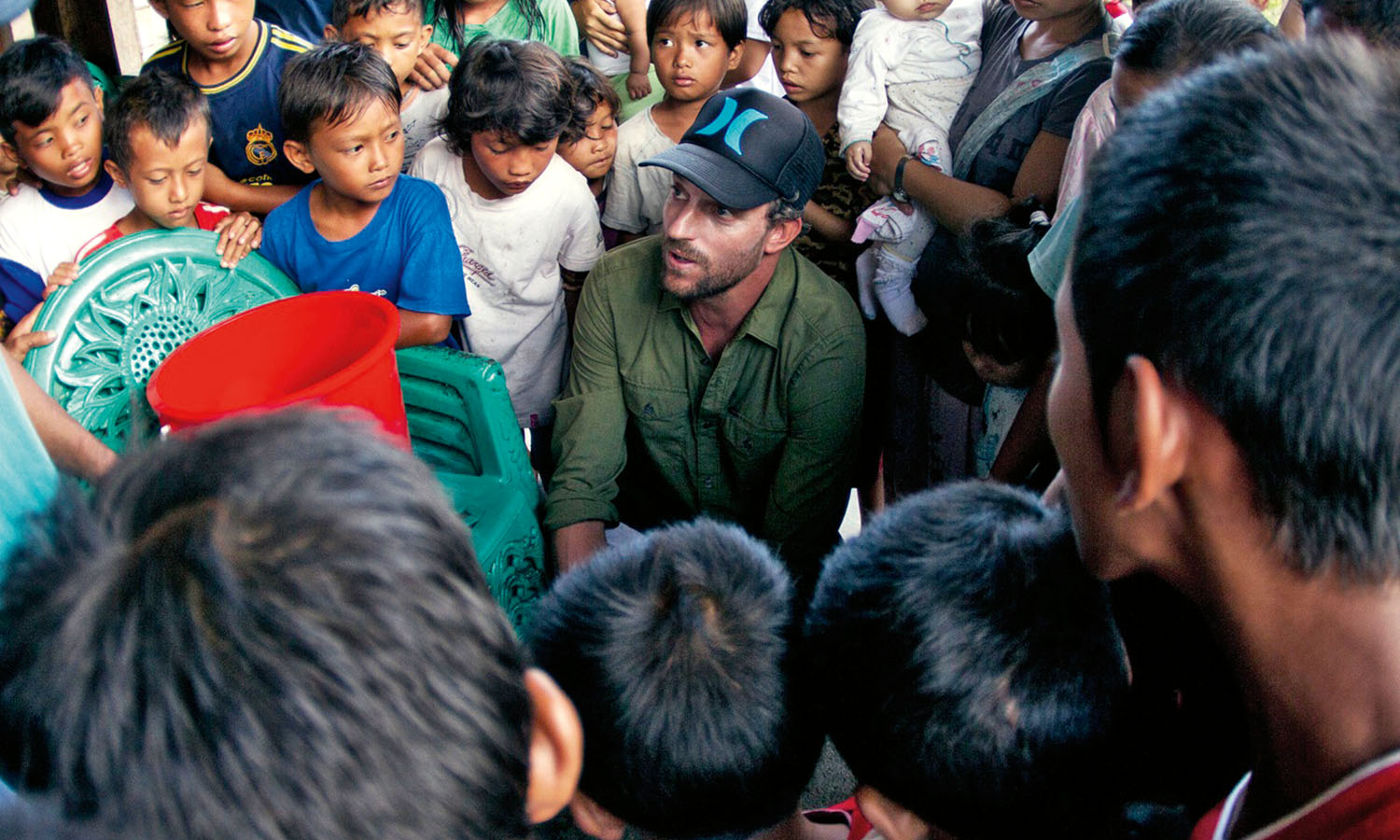

Though Rose has dedicated his life to bringing clean water to primitive disaster zones, there is one area that is neither poor nor in need of water that he felt compelled to help: the US Eastern Seaboard. The surfing communities of Long Island, Queens and New Jersey were hard hit during the devastating storm that was Hurricane Sandy. Having friends who lost everything, Rose knew he had to mobilise.
He stretches and pulls his hat off revealing his wavy salt-and-pepper hair. “It’s worse than Katrina. There’s mould you can’t see from all the flooding. It affected 220 miles. It’s 60 billion dollars worth of damage.”
Using Waves for Water as a means of funneling support for affected surfing communities, Rose has distributed more than five million dollars in supplies and goods, written more than 35 grants, and restored homes. Even artists like the Yeah Yeah Yeahs and Q-Tip have gotten in on the action, performing at benefit concerts.
Although the hurricane relief effort is unlike other projects Waves for Water has been involved in, Rose is committed to helping the surf communities so close to his heart. “You know what, we’re an established organisation,” he tells me. “I have a good network and I’m leveraging the hell out of this shit. I’m just going to go for it and provide relief. I know what to do.”
Words Rachel Khona
Tags: travel job, united states of america, usa
 (
(







